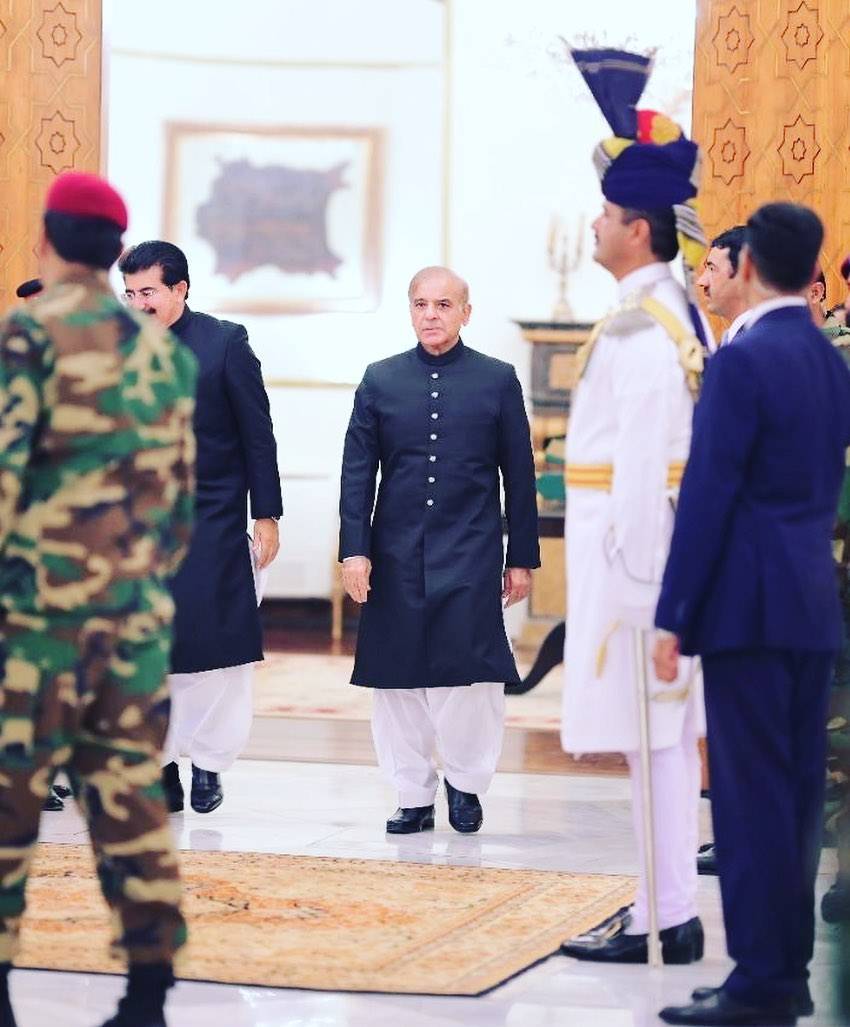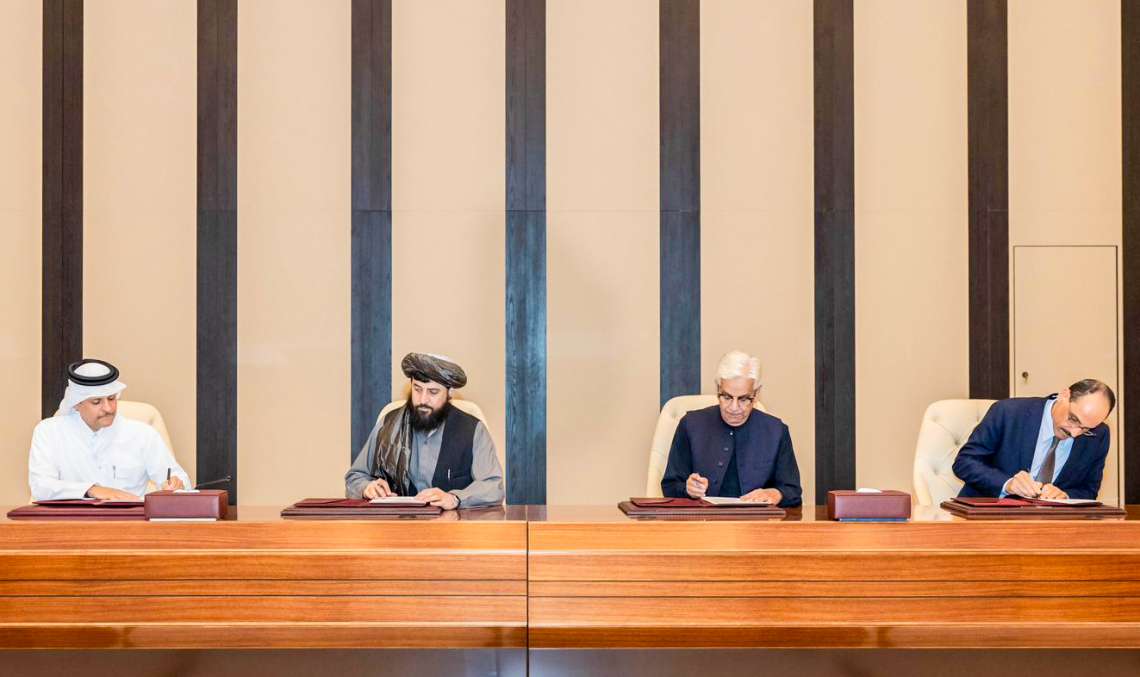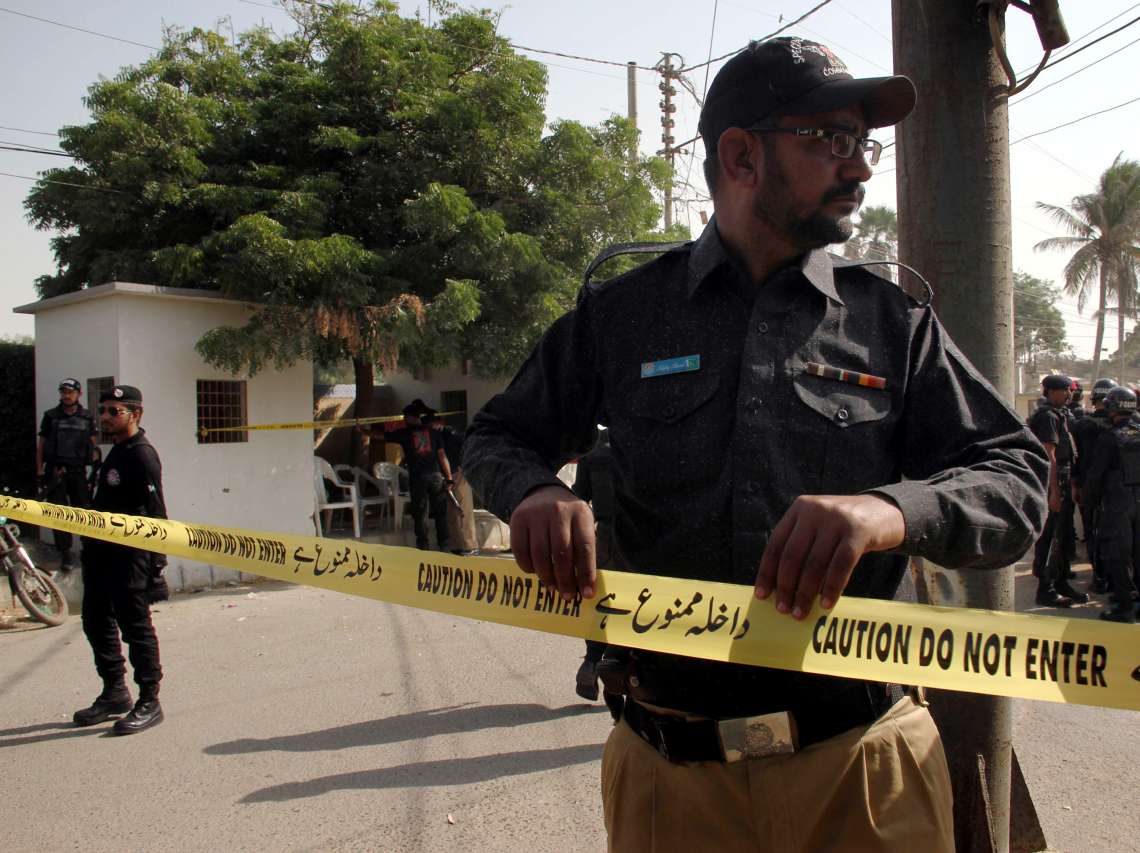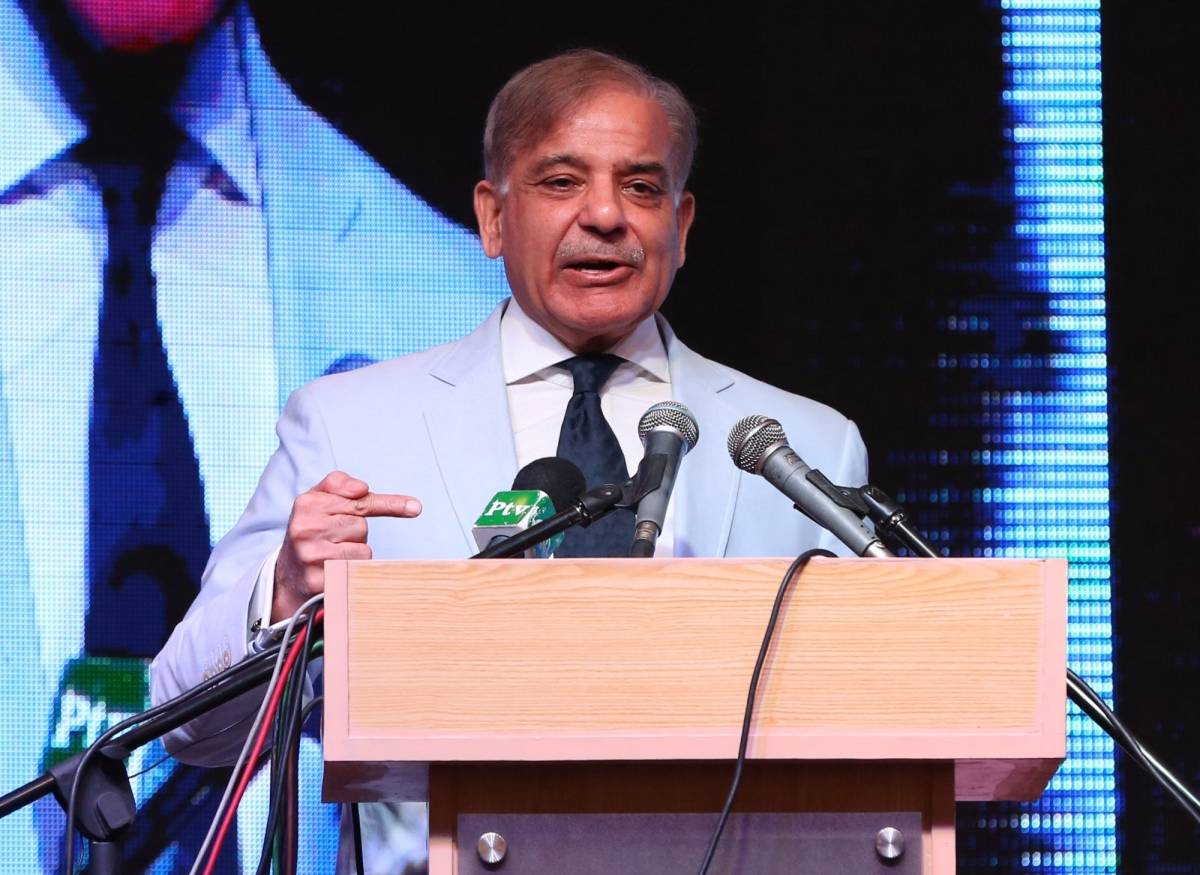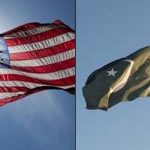The fuel price hike, though necessary to undo the mistakes of the past government, will make the going tough for Sharif and his team, as the worst hit will be the common citizens….writes Mahua Venkatesh
Domestic challenges for the Shehbaz Sharif government which increased fuel prices as mandated by the International Monetary Fund, could only multiply in the coming weeks. Soon after Islamabad increased prices of petrol and diesel by a whopping Rs 30, prices of several other items including food have already started rising.
For example, the price of flour has gone up sharply within hours of the fuel price hike.
A notification by the Utility Stores Corporation, a kilogram of flour will be costlier by Rs 9 per. The Utility Stores Corporation is a state-owned enterprise running a host of outlets throughout the country selling basic commodities.
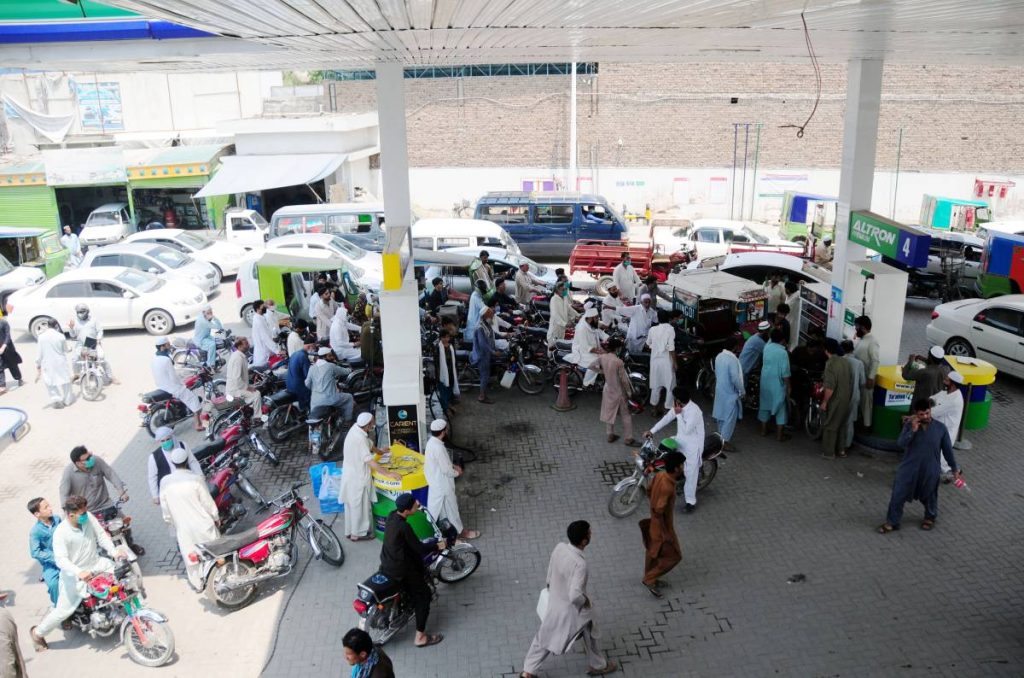
The fuel price hike will surely lead to a surge in inflation. “Pakistan had little choice..it had to raise fuel prices to be able to secure the IMF financial package but now it is to be seen how it manages its domestic audience and the backlash,” an analyst told India Narrative.
The fuel price hike, though necessary to undo the mistakes of the past government, will make the going tough for Sharif and his team, as the worst hit will be the common citizens.
Pakistan’s annual inflation rate in April rose to 13.4 per cent � the highest in two years. In March the figure was 12.7 per cent. Inflation in the south Asian country has remained in double digits for the last six months
News portal Global Village Space noted that Sharif, who had criticised the earlier government for rising inflation, had earlier vowed to reduce flour prices. “..things do not seem very promising either with PML-N in governance,” the news portal said.
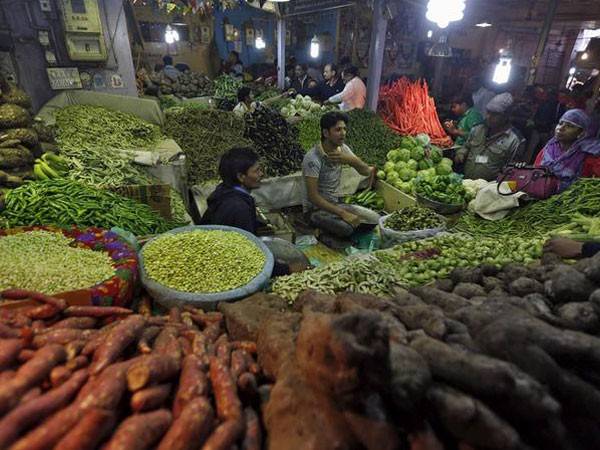
Former Prime minister Imran Khan, who still enjoys “huge popularity” within Pakistan launched a scathing attack on the government.
“Nation starting to pay price for Imported govt’s subservience before foreign masters with 20% / Rs30 per litre hike in petrol & diesel prices – the highest single price hike in our history. The incompetent & insensitive Govt has not pursued our deal with Russia for 30% cheaper oil,” Khan tweeted.
He added that in contrast, India, a strategic ally of the US, has managed to reduce fuel price.
“Now our nation will suffer another massive dose of inflation at the hands of this cabal of crooks,” Khan said in his tweet.
Besides petrol and diesel, the price of kerosene oil has also been raised by Rs 30, taking the price to Rs 155.56 per litre.
Amid rapidly deteriorating economic situation, Pakistan has reached out to the IMF as well as other countries for financial assistance. Pakistan-IMK talks on a bailout package hit a roadblock a day earlier when the two sides failed to reach a consensus on the fuel subsidy.
Pakistan received the $1 billion grant from the IMF under its $6 billion Extended Fund Facility (EFF). In 2019, IMF agreed for a bailout package but it halted the assistance in January 2020, after Khan refused to increase electricity tariff and impose additional taxes as prescribed by the multilateral agency.
Though the IMF has been stressing the need to remove the existing subsidy on fuel and electricity, the Sharif administration too was reluctant to roll back.
Khan, just before exiting office, slashed prices of petrol and other commodities, freezing them till the Budget Session in June. The subsidies would have cost about $2.1 billion to the exchequer.
To save foreign exchange reserves, Pakistan even imposed a ban on imports of non essential and luxury items.
(The content is being carried under an arrangement with indianarrative.com)


